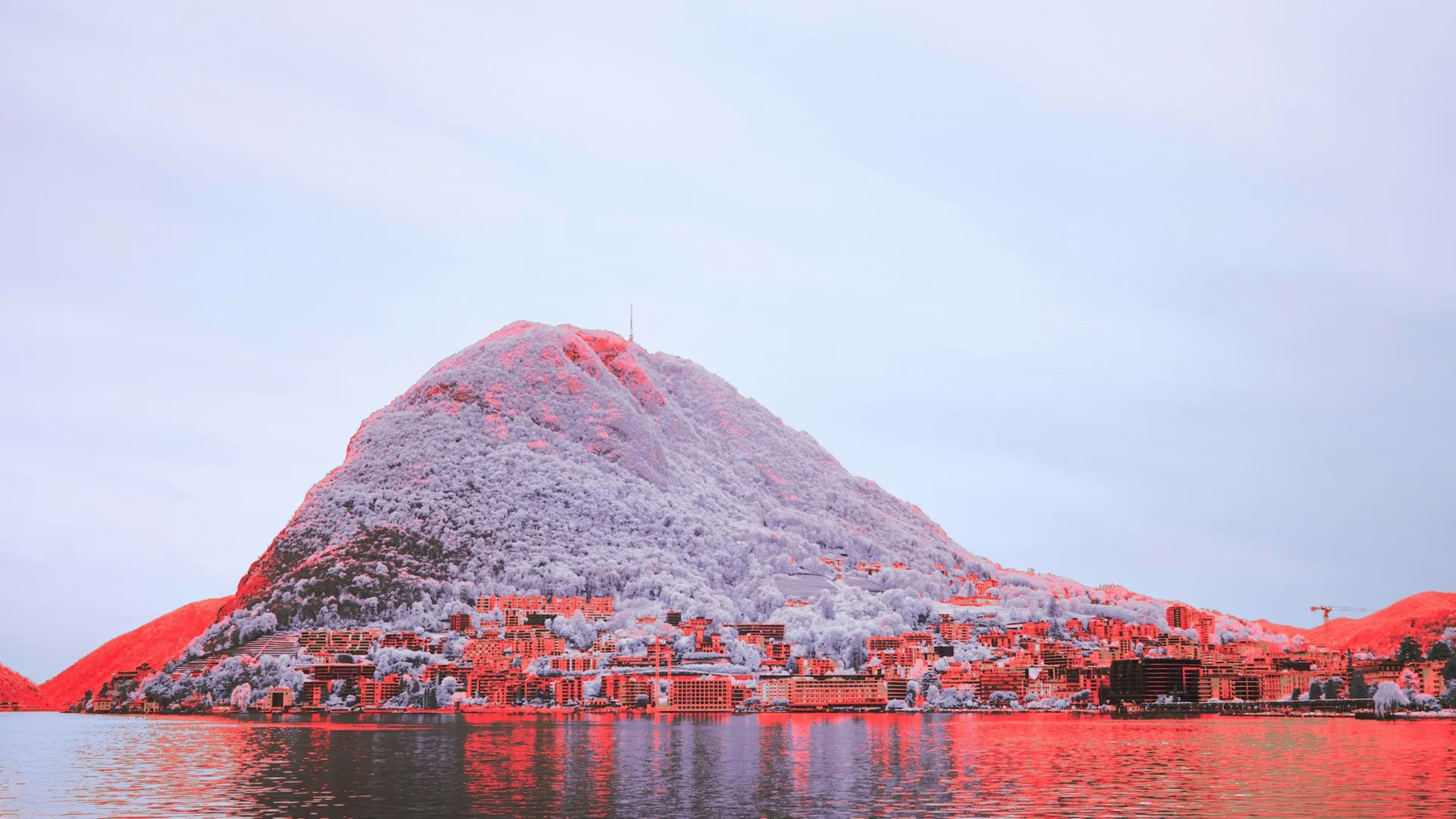Location & Transportation
Because cruise ships can’t dock directly here, you'll be tendered to Livingston Island by inflatable zodiac boats. The transfer itself is quite an adventure – you'll be whisked away over icy waters to an untouched wilderness where nature reigns supreme.
Sightseeing
Livingston Island is a real treat for nature lovers and history buffs alike. When you step ashore, look forward to:
- Marveling at large rookeries of chinstrap and gentoo penguins (and even spotting a few macaroni penguins among them).
- Observing flocks of skuas, southern giant petrels, sheath bills, and nesting kemp gulls flying overhead.
- Learning about the island's rich past as a major sealing center in the early 19th century, when English sealers harvested over 95,000 fur seal skins from the island’s western shores.
- Visiting iconic sites like Hannah Point, named after the British sealer "Hannah" whose ship was wrecked here on Christmas Day in 1820.
- Noting nearby research stations: about 2 km northeast of the Spanish summer base, Juan Carlos Primero, is the Bulgarian base St Kliment Ohridski – great for a quick historical insight.
Tours & Excursions
Even though Livingston Island is remote, there are organized excursions designed to showcase its raw beauty and wildlife:
- • Guided zodiac boat tours to get up close with the penguin colonies and other native bird species.
- • Wildlife photography excursions that help you capture the magic of Antarctica’s unique light and landscapes.
- • Nature walks (with experienced guides) that offer insights into the island’s sealing history and expose you to breathtaking ice formations and coastal views.
- • Excursions with brief visits to the research stations, where you'll learn about ongoing scientific work in this extreme environment.
Remember, excursions here are weather-dependent and run by experienced expedition operators, so always follow their safety advice.
It‘s a good idea to compare shore excursion costs between what your cruise line offers and options like Viator and GetYourGuide. They often provide lower prices and include customer reviews and ratings to help you choose the best option. They may also offer more more flexible cancellation or rescheduling policies than those available through your cruise line. However, while booking independently might give you more variety and potentially better rates, be mindful of your schedule - cruise line excursions are typically coordinated to match your ship‘s schedule with guaranteed pick-up and drop-off times.
There is also a great resource for finding local guides at Tours by Locals. Tours by Locals connects you with local guides who can help you plan a private personal tour, guide you, and get you back to your ship on time. You can also check out Rome2Rio for local transportation options. It is a great resource for finding how to get from one place to another, including public transportation, taxis, ferries, and more.
Culture & Local Events
Antarctica isn’t known for bustling markets or regular cultural festivals, but Livingston Island has its own unique “culture” of exploration and science. Here are a few tips and local insights:
- • There is no local currency – all transactions and expenses are handled by your cruise or expedition operator.
- • Communication is limited; mobile service rarely reaches here, so prepare to disconnect and fully immerse yourself in the experience.
- • Dining is generally provided onboard your ship or as part of your excursion package; there are no independent restaurants on the island.
- • Local events in the traditional sense are absent; however, many expedition programs include briefings, guided tours, and photography sessions that enrich your understanding of Antarctic life.
- • Safety is paramount in this harsh environment. Always adhere to the guidelines set by your tour guides and expedition leaders. Dress warmly in layers, wear proper footwear, and protect your skin from the strong Antarctic sun.
